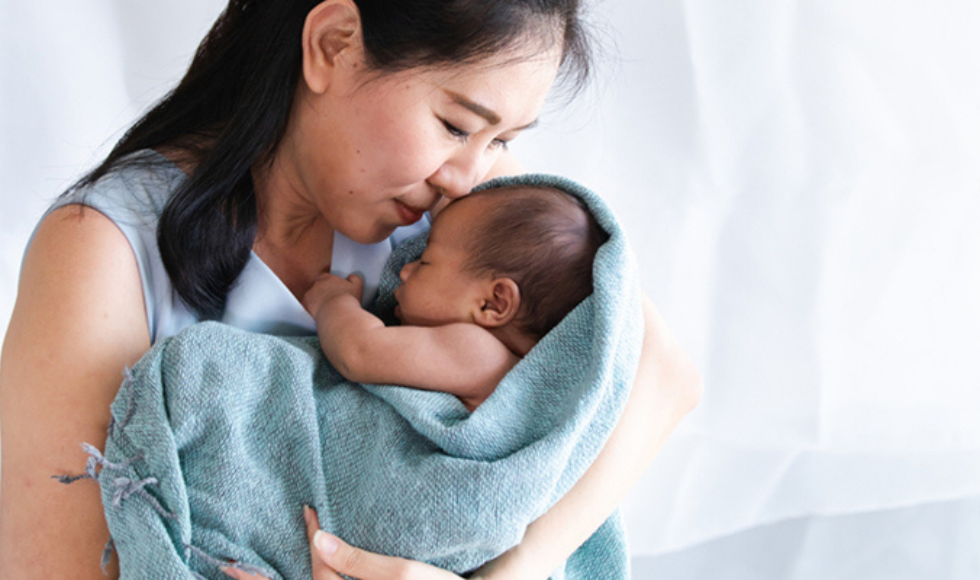Post-partum depression survivors launch therapy sessions for struggling mothers

For mothers suffering from post-partum depression, speaking with those who have come out the other side is proving to be an effective treatment.
November 22, 2021
For Lee-Anne Mosselman-Clarke, the depression felt so crippling that she couldn’t even shower, let alone leave her house.
Post-partum depression (PPD) had left the Brant County resident a shadow of her former self. It took a combination of cognitive behavioural therapy (CBT) and medication before she was able to bond with her baby.
Today, Mosselman-Clarke is a peer therapist, using the same therapy that helped her to guide other women through their own post-partum depression struggles. She conducts online group exercises aimed at rebuilding their self-esteem, focusing on activities they enjoy doing and staving off depressive thoughts.
“It can be highly emotional because a lot of things the clients talk about is exactly what I struggled with,” says Mosselman-Clarke.
“But hearing the women say, ‘I smashed that goal and achieved way more than I expected,’ is one of the best things a recovered person can hear. It is the kind of thing that makes me want to go back week after week.”
The peer-led CBT sessions are the brainchild of Ryan Van Lieshout, associate professor of psychiatry and behavioural neurosciences, who has extensively researched this type of depression and how best to treat it.
As part of his research, Van Lieshout and his team tested the effectiveness of peer-led CBT on 74 women, randomized into two groups of 37 each. The first group received CBT right away over nine weeks, while the second remained on a wait list during that time.
Van Lieshout first launched the CBT sessions in 2018 at a community centre in Brantford, until the pandemic forced sessions online in early 2020.
He said that mothers who received immediate CBT experienced “clinically significant improvements,” in depression and anxiety.
Ninety-five per cent were either fully recovered or significantly improved immediately after treatment and these improvements endured for up to six months.
Even better for Van Lieshout’s team, the mothers who underwent peer-led CBT therapy enjoyed a better subsequent relationship with their infants, with less feelings of anger and rejection.
“We are obviously hugely excited that a peer-delivered treatment is not only acceptable but effective,” says Van Lieshout, whose findings are published in the Journal of Clinical Psychiatry.
“This has a lot of potential because it is scalable. It may also be more appealing to mothers than traditional treatments within the health-care system.”
“People with PPD often see peers as trustworthy, empathic and as role models for recovery.”
While the CBT has already cured some mothers of depression, Van Lieshout said there are still huge barriers stopping women accessing the help they need.
These include access to care, with long wait lists and high costs making private therapy unaffordable for many, while post-partum depression itself remains a taboo subject, as peer therapist Sandy Hamilton knows all too well.
“I struggled with PPD more than 30 years ago and for me there was nothing. I want to take away the shame, as this condition is so common and still so taboo,” says Hamilton.
“Merely for women to register for this CBT program is a huge success, as there is still such a stigma attached to PPD.”
It was precisely this stigma that caused Hamilton native Stacey Quinn to bottle up her dark thoughts, a common PPD symptom, for fear of being judged by others.
“You have these awful thoughts and to be able to express them in sessions and see people nod along and realize that they thought them too is so comforting. That alone was so beneficial,” says Quinn, a recent peer CBT participant.
“This therapy should be offered to every woman facing PPD, as it is so helpful and offers people like us a guiding light through what can be a very tough condition to deal with.”


